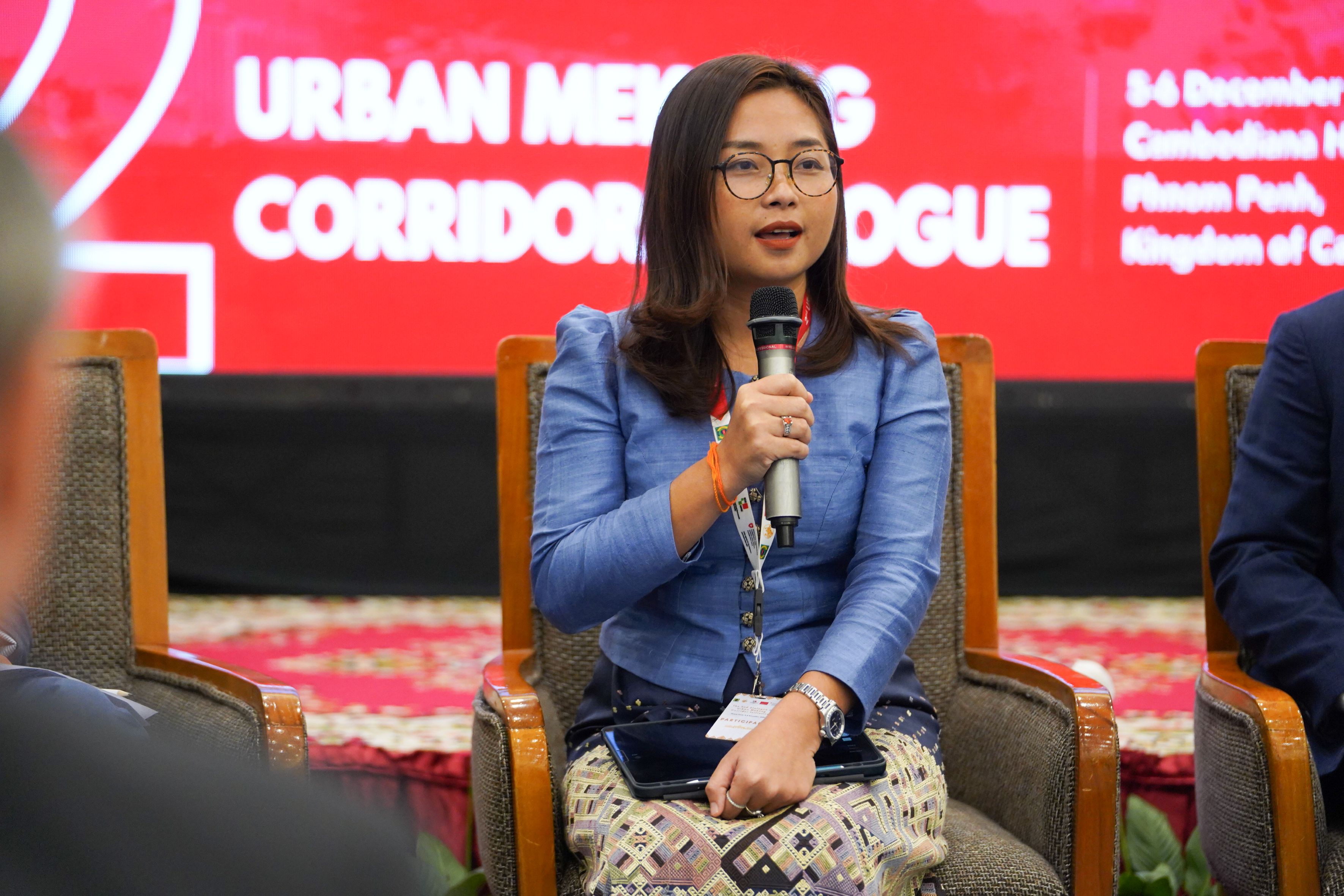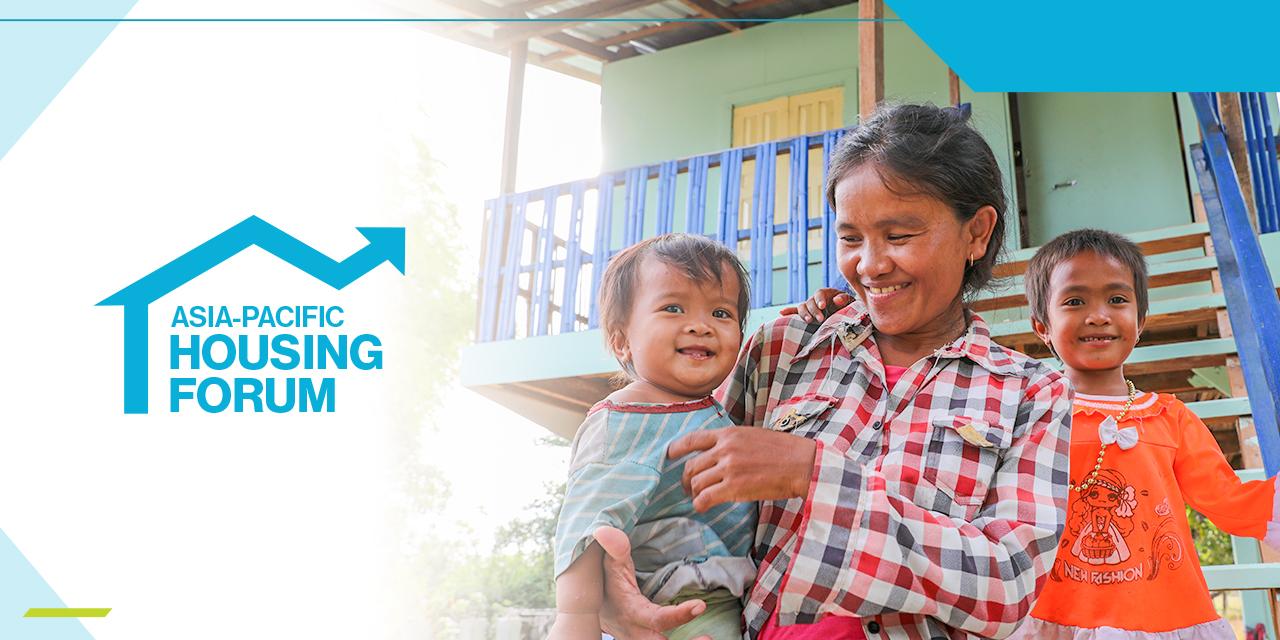This project was selected under the Innovation Programme Call for Proposals 2020 - Stronger Partnerships: Local Innovations for New Climate Realities in Cities - in collaboration with the Global Programme on Climate Change, Resilience and Informality
Extreme heat is affecting poor people’s health and living conditions, especially in densely populated urban areas.
Through a grant provided by Cities Alliance Innovation Programme, a project led by Women for the World will raise awareness for heat-related health risks through a holistic community process, as part of a slum upgrading programme in Yangon, Myanmar.
What is the problem?
Extreme heat is affecting poor people’s health and living conditions in Yangon, but awareness of this issue is still low.
Where is it?
Yangon, Myanmar
Who does it affect?
Urban poor communities
What are the causes?
In new township areas of Yangon, where many informal settlements are concentrated, the barren, exposed open spaces and lack of tree cover, along with increasing traffic and pollution from factories and other sources, are generating greater levels of heat. The rising heat is directly affecting the health and living conditions of urban poor families, who do not have access to AC and decent housing. Although Myanmar has some policies regarding climate resilience that may help, awareness and enforcement are still weak. The issue of heat is not much addressed since the damage is less visible than other disasters such as cyclones and flooding.
Approach
This project is a climate-related add-on to community-driven housing projects for the urban poor already underway in Yangon by Women for the World (WfW), in collaboration with Yangon Regional Government. It will add to the knowledge base about extreme heat and better enable people to address this critical issue as part of housing and settlement planning and development.
The project is planned to proceed according to six steps:
These processes will be documented and published as a guideline for further knowledge sharing with authorities and others. WfW seeks to raise awareness of on-ground impacts of extreme heat on urban poor families and create community-based proposals for heat mitigation.



